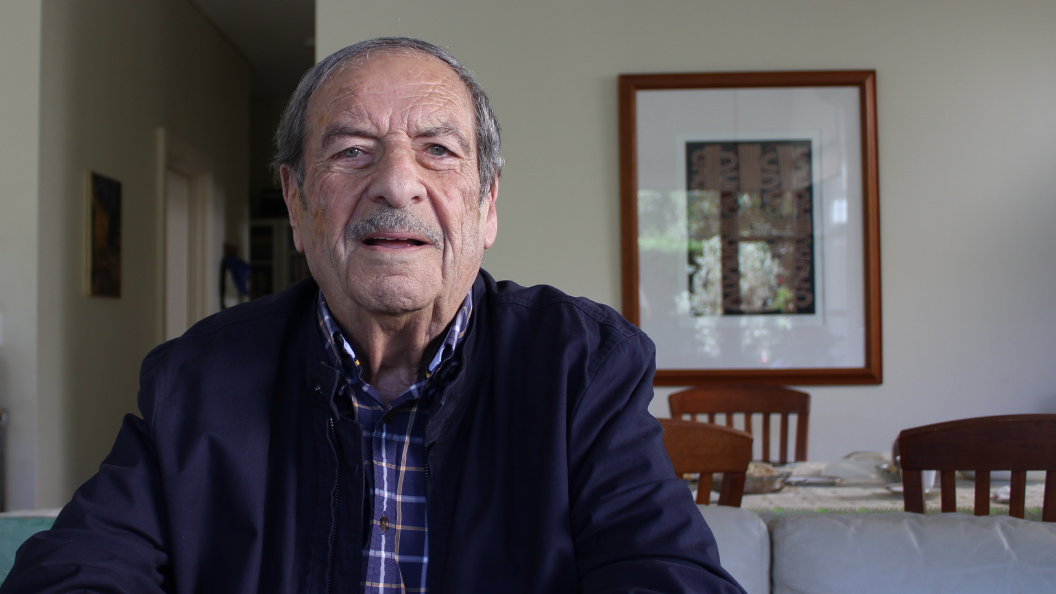John Spyrakis was only 12 years old when German paratroopers invaded the Greek island of Crete on May 20, 1941, but he remembers the moment vividly.
“News started to travel around my village of Alikianos that the paratroopers were falling and that the war had begun,” Mr Spyrakis, who is now 91 years old, tells The Greek Herald exclusively.
Soon after, Mr Spyrakis travelled with his dad, mum and brother to a spot in the mountains where they could hide and watch the Battle of Crete unfold from above.
Along the way, they saw the courage of the Cretan people as they took up whatever arms they could find to protect their homeland.

“We went through the police centre and we saw a group of local villagers asking for weapons to go and fight,” Mr Spyrakis says.
“There were elderly people there as well. One old man had fought in the first World War, he was 85 to 90 years old, and he had a weapon and came to defend his country.”
Acts of courage:
These stories of bravery were not uncommon during the Battle of Crete and the Greek campaign in WWII. They only grew in number after the Allies were defeated in Crete and German forces occupied the island.
In fact, Mr Spyrakis himself shares a proud act of courage as he hid with his family at the Cretan village of Sebronas for two months during the occupation.
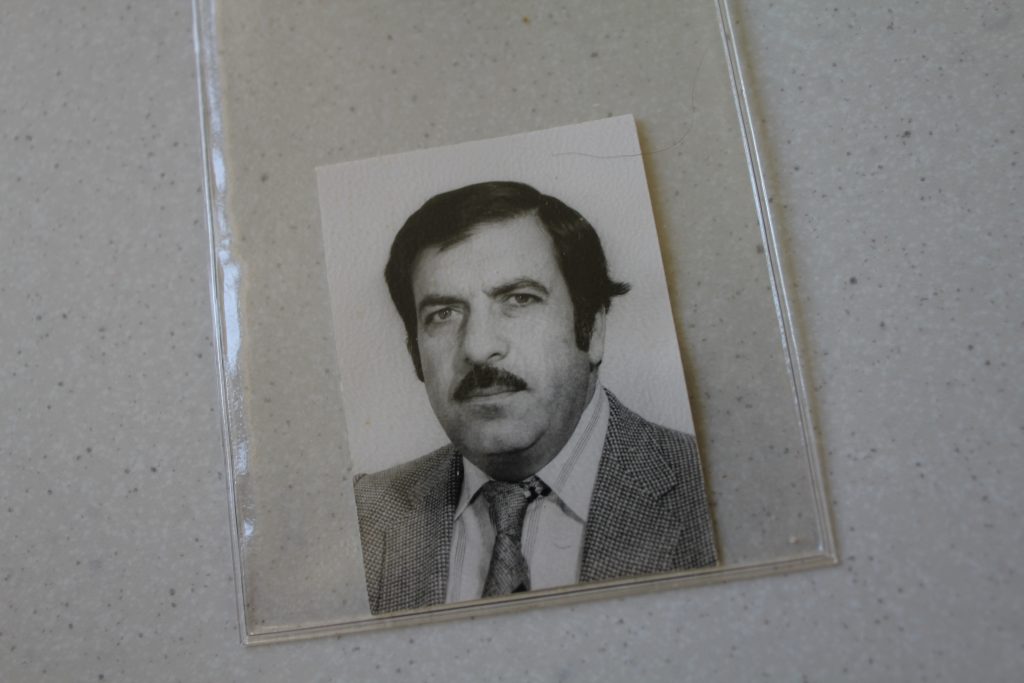
“There were five Cretan men who were hiding in a cave in Sebronas. Every day, the villagers would give me food and I’d secretly take it to them. They would tell me, ‘If you see anyone, drop the food somewhere and run’,” he explains.
“One day, the Germans came to the village on horses and I was on my way to take them food and I hid it in the bush and left… When I returned home, the Germans were still there.
“Some dogs were barking and they killed one of them. There was also an old man in the mountains nearby, chasing his goat, and the Germans started shooting at him but I don’t think they got him.”
‘I wasn’t scared of the Germans’:
Although the 91-year-old lets out a small laugh as he recalls this memory, it’s clear life under German occupation wasn’t easy.
Mr Spyrakis’ family lost their home in Alikianos after it was bombed by the Germans and when they returned to the village from Sebronas, they also bore witness to two executions of the locals.
During one of the executions, Mr Spyrakis’ uncle was killed.
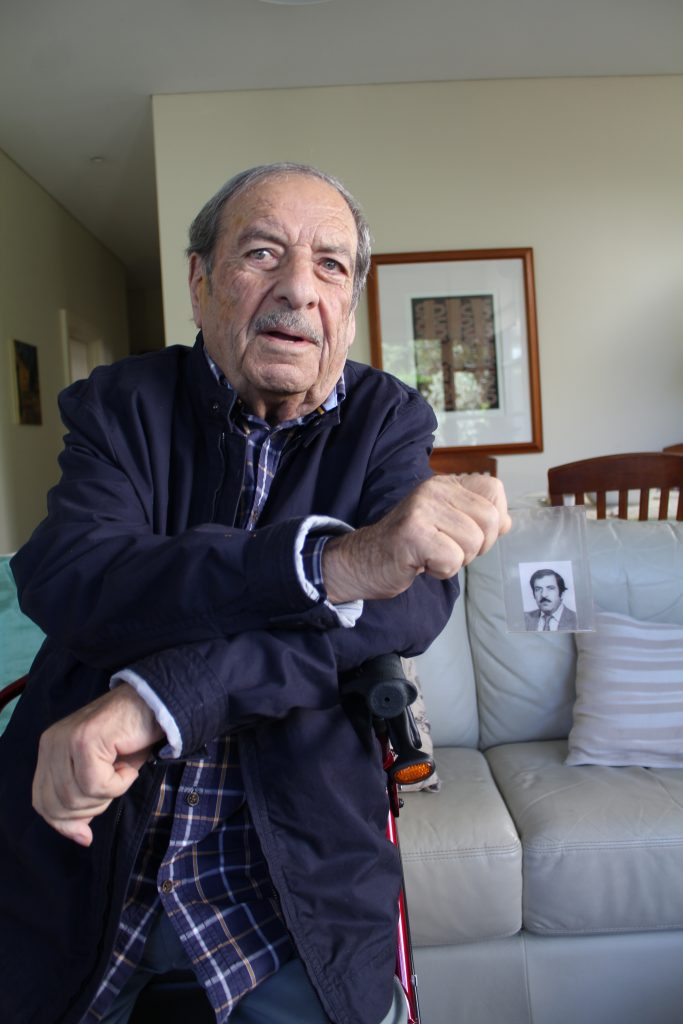
“On August 1, the Germans went around Vatolakkos, Alikianos and other villages and gathered the locals. Women and children were placed in the church and the men were taken immediately to be shot,” Mr Spyrakis explains.
“When the Germans were entering our village, the noise from their cars was loud and the dogs were chasing them so we knew they were coming. Everyone abandoned their homes and ran to hide.
“My dad hid with others near the mountains and my pappou had a very big bush nearby and he hid there. That’s how they survived.
“But we [Mr Spyrakis, his mum and brother] were held in the church from the morning we were captured until 6 o’clock at night and they were saying they were going to kill us but nothing happened. I wasn’t scared of the Germans.”
‘I still have the trauma’:
Despite this lack of fear, Mr Spyrakis says life was still ‘poor’ on Crete during the war.
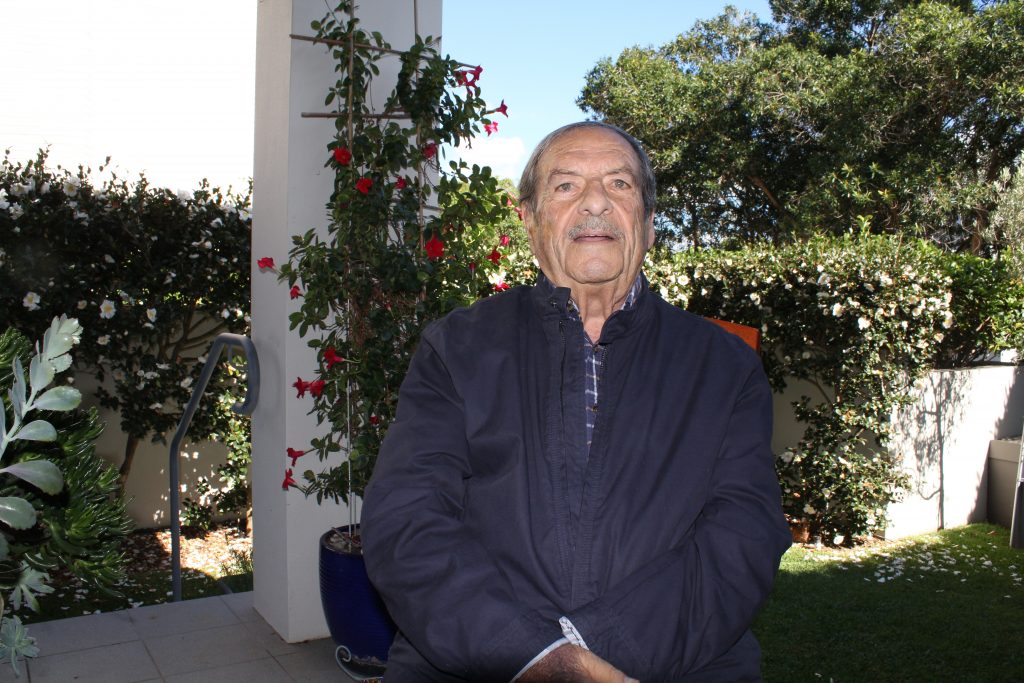
On one occasion, he remembers being attacked by a German man after leaving school in Chania one day.
“A German man came with a bike, left it on the sidewalk and walked away. I was on the sidewalk when he returned and he kicked me without reason. He took the bike and left. I still have the trauma,” Mr Spyrakis says.
In another instance, the 91-year-old recalls being put in jail for unknowingly carrying a parcel of patriotic pamphlets given to him by a fellow Cretan man.
All these events saw Mr Spyrakis decide to leave Crete and migrate to South Africa in 1955 where an aunty of his lived. He was only 25 years old.
Mr Spyrakis says life in South Africa was great. He was not only one of the founders of the local Cretan Brotherhood, but he also worked hard as the owner of a light fittings factory and met his beautiful wife, Catherine. They had three children together – Nick, Stella and Angie.
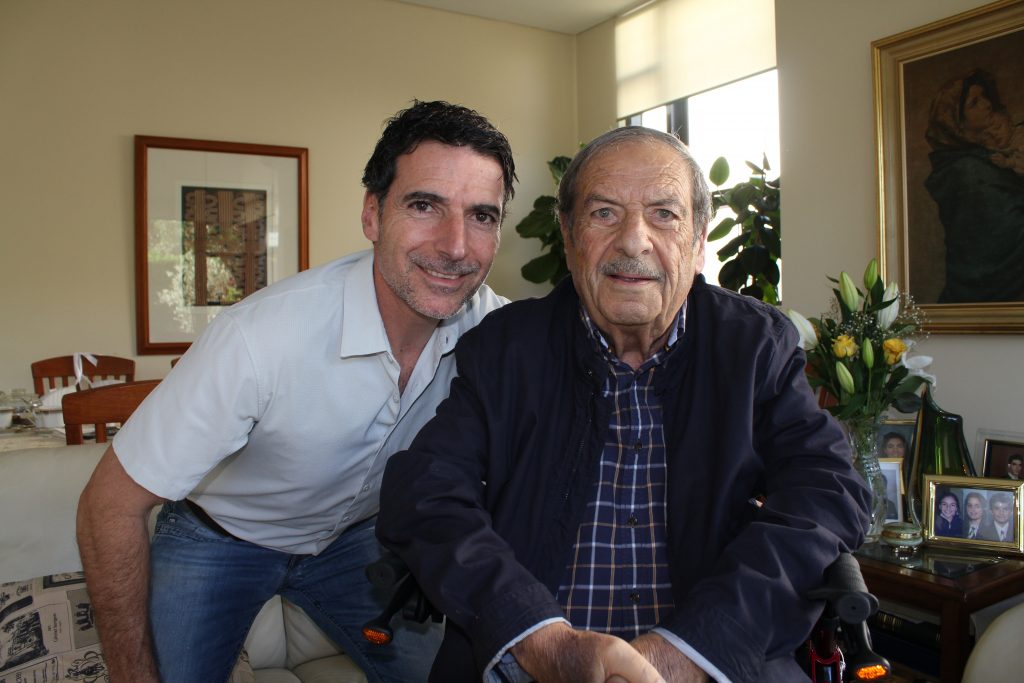
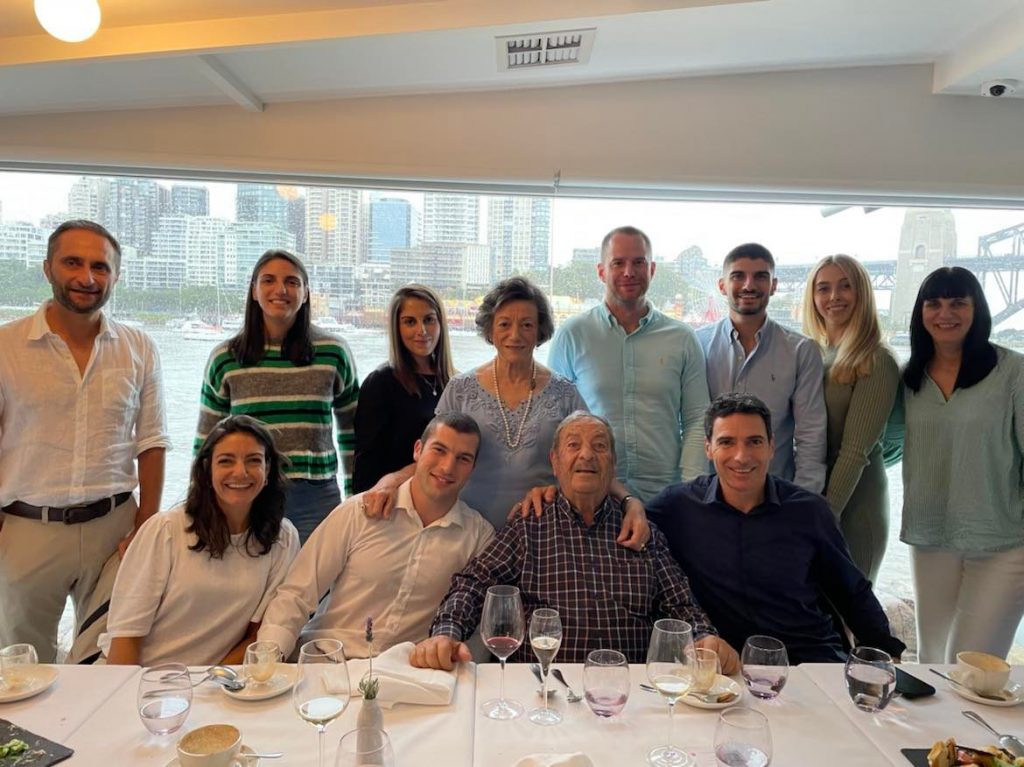
Eventually, these children moved to Australia and Mr Spyrakis and Catherine followed suit in 2004.
Since then, the couple have returned to Crete many times and Mr Spyrakis says he always enjoys travelling to the homeland despite the hardships he faced there.
“Going back brings back memories of the good times I had during my childhood,” Mr Spyrakis concludes with a smile. “It’s much better now.”
A clear sign that Mr Spyrakis has been wearied by what he’s seen in his 91 years of life, but he won’t let that stop him from living life to the fullest.

